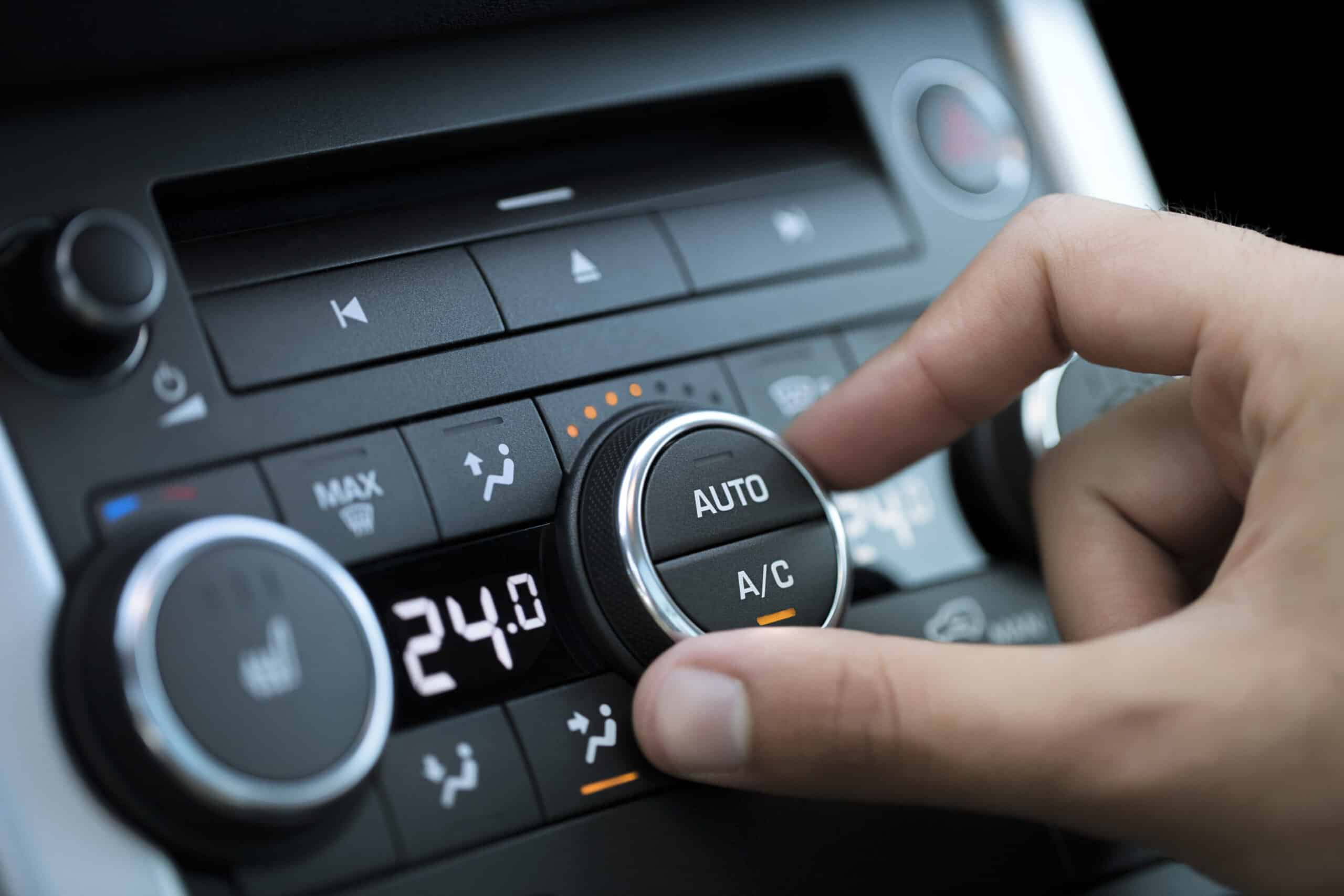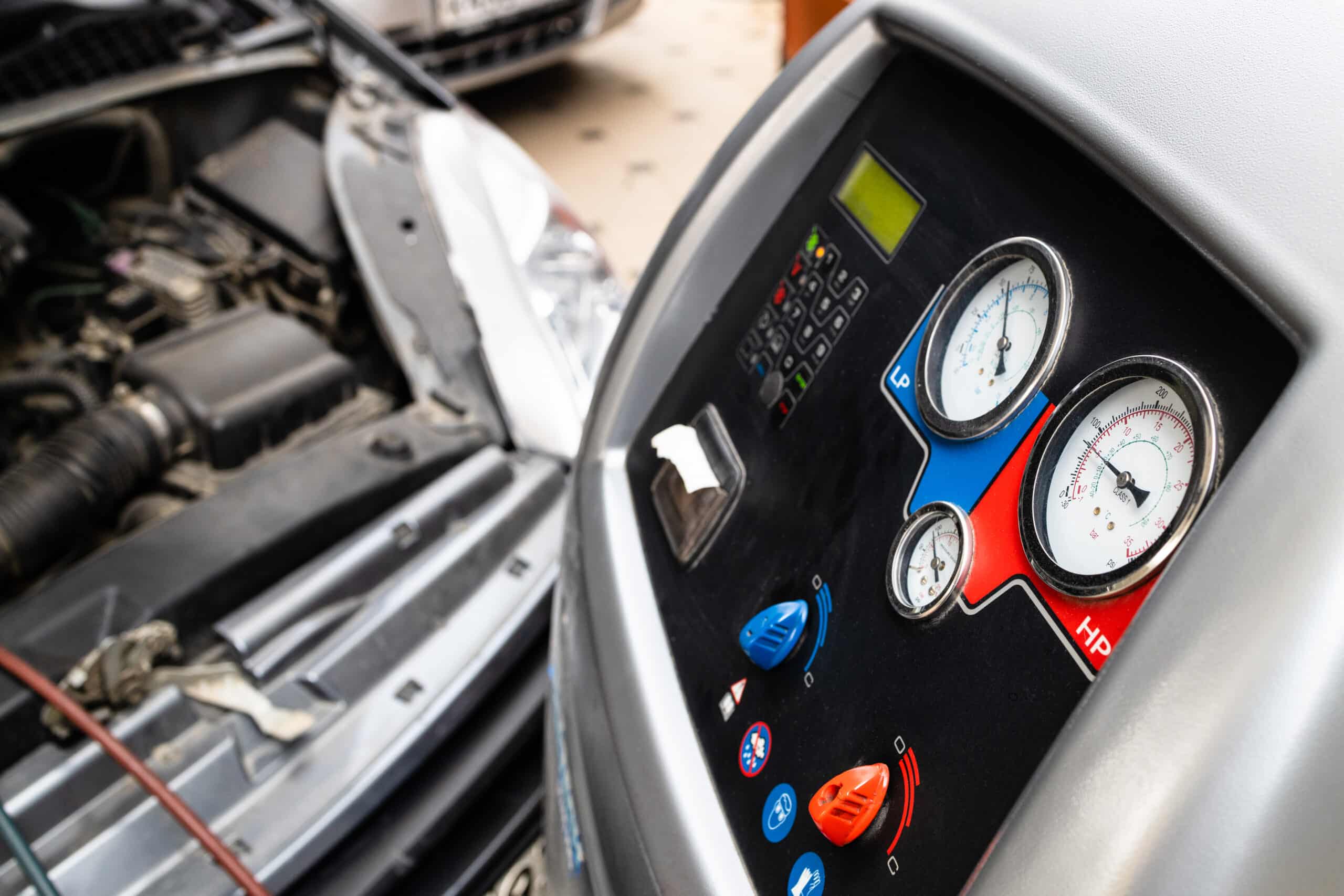
AC Car Freon: Signs Your Vehicle Needs a Recharge. When driving on a hot day, there’s nothing quite like the refreshing blast of cool air from your car’s air conditioning system. But what happens when that cool air starts to fade? One of the most common culprits behind a warming cabin is an issue with AC Car Freon. In this article, we’ll explore what AC Car Freon is, the signs that your vehicle might need a recharge, and some friendly advice on maintaining your car’s AC system to keep you comfortable on the road.
Understanding AC Car Freon: What It Is and Its Role in Your Vehicle

AC Car Freon is the refrigerant that circulates through your car’s air conditioning system, absorbing heat from the cabin and releasing it outside. This invisible fluid is essential for transforming a hot interior into a cool oasis, especially during those scorching summer months. The process works much like your home refrigerator: the refrigerant compresses, expands, and cycles through a series of components—including the compressor, condenser, and evaporator—to produce a steady flow of cool air.
Without sufficient AC Car Freon, the entire cooling process can be compromised. You might notice that your AC isn’t blowing as cold as it used to, or that the airflow seems weak. Over time, leaks or gradual evaporation can reduce the amount of refrigerant in the system, leading to noticeable declines in performance. Understanding the function of AC Car Freon not only helps you appreciate the importance of regular maintenance but also guides you in recognizing early warning signs before the problem becomes severe.
Recognizing AC Car Freon Issues: Warning Signs to Watch Out For
One of the most helpful aspects of understanding AC Car Freon is knowing how to spot the signs that your vehicle might be in need of a recharge. There are several common indicators that suggest your car’s air conditioning system isn’t operating at its best:
- Warm or Inefficient Cooling: Perhaps the most obvious sign is when the air coming from the vents isn’t as cold as it used to be. If you find yourself reaching for the fan instead of relying on the AC, it could be an indication that the AC Car Freon level is lower than optimal. (Read More: Top 10 Car Air Fresheners of 2024: Fresh Scents for Every Drive).
- Strange Noises: An air conditioning system low on AC Car Freon may also produce unusual sounds such as hissing or bubbling. These noises often point to refrigerant leaks, which not only reduce cooling performance but could also lead to further damage if left unchecked.
- Unpleasant Odors: In some cases, a lack of proper refrigerant can cause the system to overheat or work harder than it should, which might produce a burning smell. Additionally, leaks in the system can sometimes allow oil mixed with the refrigerant to produce an unusual scent inside the cabin.
- Visible Leaks: Although AC Car Freon is contained within a sealed system, sometimes leaks can be observed under the car or around the AC components. If you notice any oily residue or stains near the AC unit, it might be a sign that a refrigerant leak is occurring.
Recognizing these early warning signs can save you from the discomfort of a failing AC system and help avoid more costly repairs down the line. Regularly checking on your car’s performance and paying attention to any changes in how your AC behaves are essential steps in proper vehicle maintenance.
AC Car Freon Recharge and Your Car’s Performance: How It Impacts Efficiency
A vehicle’s performance isn’t just about engine power and fuel efficiency—your comfort during every drive is equally important. When your car’s AC system is running low on AC Car Freon, the overall performance of your vehicle can be impacted in several ways:
- Reduced Cooling Efficiency: The primary role of AC Car Freon is to cool the air inside your car. A lack of sufficient refrigerant means that the evaporator coil cannot absorb enough heat, resulting in warmer air blowing through the vents. This not only affects your comfort but can also lead to an overall less pleasant driving experience during hot weather. (Read More: Top 5 Car Air Fresheners for a Long-Lasting Fresh Ride in 2024).
- Increased Wear on the AC System: Running an AC system low on refrigerant can force the compressor to work harder than necessary. This extra strain might reduce the lifespan of key components within your AC system, leading to more frequent repairs or even complete system failures over time.
- Impact on Fuel Economy: Believe it or not, an inefficient AC system can also affect your fuel economy. When the AC system is struggling due to low AC Car Freon, the engine has to compensate by working harder, which in turn can lead to increased fuel consumption.
- Overall Vehicle Comfort: A consistent and efficient AC system is crucial not only for your comfort but also for maintaining the condition of your vehicle’s interior. Excess heat and humidity can lead to issues like window fogging or even damage to upholstery over extended periods.
Regularly recharging your AC Car Freon when needed ensures that your vehicle’s cooling system operates at its peak efficiency. It’s not just about staying cool; it’s also about protecting your investment and ensuring that your car remains reliable through every season.
AC Car Freon Maintenance Tips: Keeping Your Vehicle’s AC in Top Shape
Maintaining your AC system is a proactive way to avoid the discomfort and inconvenience of a failing air conditioner. Here are some practical tips to help you keep your AC Car Freon at the right level and your AC system performing efficiently:
- Regular Inspections: Schedule regular check-ups for your car’s AC system. A qualified technician can measure the levels of AC Car Freon and inspect the system for leaks or other issues. Early detection is key to preventing major problems.
- Monitor Performance Changes: Stay alert to any changes in the performance of your AC system. If you notice a gradual decrease in the coldness of the air, unusual noises, or any signs of a refrigerant leak, it’s wise to have the system inspected promptly.
- Avoid DIY Refrigerant Refills: While there are many DIY kits available on the market, recharging an AC system with AC Car Freon requires precision and expertise. Improper handling can lead to overcharging, undercharging, or even damage to the system. It’s best to leave the job to professionals who have the right tools and training.
- Keep Your Vehicle Clean: Dust and debris can accumulate in the air intake vents and filters, reducing the efficiency of your AC system. Regular cleaning of the cabin and maintenance of air filters can complement the proper functioning of the AC Car Freon system. (Read More: Eco-Friendly Car Air Fresheners: The Best Sustainable Options in 2024).
- Learn About the Signs: Educate yourself about the symptoms of low AC Car Freon levels. The more you know about what to look for, the more likely you are to catch any issues early. This proactive approach can save you time, money, and discomfort in the long run.
By incorporating these maintenance tips into your routine, you can help ensure that your vehicle’s AC system remains in excellent working order. Regular attention to your car’s cooling system not only keeps you comfortable but also prolongs the life of your vehicle’s components.
Expert Advice on AC Car Freon Recharge: When to Seek Professional Help

Even the most diligent car owner can sometimes miss the signs that their vehicle needs an AC Car Freon recharge. When in doubt, it’s always a good idea to consult a professional. Here are some points to consider when deciding whether it’s time to call in an expert:
- Uncertainty About the Issue: If you’re unsure whether the problem lies with the AC Car Freon or another part of the system, a professional diagnostic can pinpoint the exact cause. Technicians have specialized equipment that can accurately measure refrigerant levels and detect leaks that might be invisible to the naked eye.
- Persistent Symptoms: When you experience recurring issues such as warm air, strange noises, or diminished airflow even after minor maintenance efforts, it’s a strong indicator that your AC Car Freon level might need a proper recharge. Professionals can ensure that the system is recharged to the manufacturer’s specifications.
- Safety Considerations: Handling refrigerants requires a careful approach, as these substances can be hazardous if not managed correctly. Professional technicians are trained to handle AC Car Freon safely, minimizing any risks to you and your vehicle.
- Long-Term Savings: While a professional recharge might seem like an additional expense, it can actually save you money in the long run. Proper maintenance of your AC system prevents more extensive damage, which could lead to costly repairs down the road. Investing in a professional service ensures that the work is done correctly the first time.
- Warranty and Service Agreements: If your vehicle is still under warranty or covered by a service agreement, it might be necessary to have any work on the AC system—especially when it involves AC Car Freon—performed by an authorized technician. This helps protect your warranty and ensures that any future issues are handled in accordance with your vehicle’s service requirements.
Listening to expert advice and acting promptly when issues arise can keep your vehicle’s air conditioning system running smoothly. A professional recharge not only restores the optimal performance of your AC system but also gives you peace of mind knowing that your car’s cooling system is in good hands.
By staying informed about AC Car Freon and the signs that indicate your vehicle might need a recharge, you can ensure that your car remains a comfortable and reliable companion on every journey. Whether it’s through regular maintenance, prompt professional attention, or simply staying alert to changes in performance, taking care of your AC system is an investment in your comfort and safety on the road.




